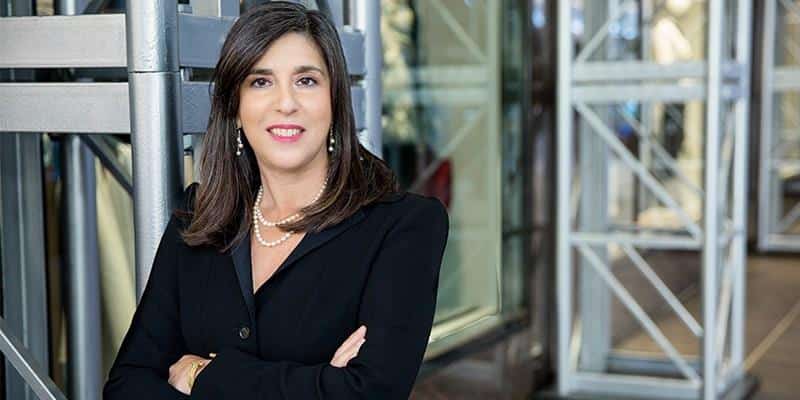
As a young woman growing up in New Jersey, I would not have imagined that in my 50s, I’d be President of NEXT for AUTISM, a non-profit organization focused on building and supporting innovative programs for people with autism. Instead, I dreamed of traveling the world, starting a great family and finding myself surrounded by a warm community. I leaned towards a profession that would allow me to channel my desire to be an advocate and to be a female professional at a time when that was just gaining traction – suit, shoulder pads, pumps, briefcase and a tough attitude to match.
For the first decades of my adult life, that vision became real. I was a labor and employment attorney in New Jersey, negotiating between management on one side and unions on the other. Often, I was the only professional woman in the room. The work was challenging and invigorating. I did well enough to be invited into our firm’s partnership as one of the first
female partners.
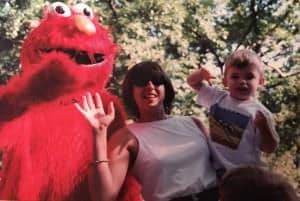
Life was pretty close to what I had imagined. I had a dream job, was married and starting a family. We spent our free time on our favorite hobbies — cooking, skiing, and being with family and friends. After our eldest son, Max was born, we three were
happily busy in our lives.
When Ari was born just over two years later, he, too, joined in our routine. Ari was an
easy baby…quiet and calm. He loved being held, sung to, looking us in the eye and
laughing. He and Max were beginning to develop a close bond. With two young children and demanding careers, we were tired, but our lives were full of possibility.
Shortly before Ari’s second birthday, I became concerned. What once appeared to be a quiet and calm baby now seemed like a removed and isolated child. He was difficult to engage and preferred to be left alone unless he wanted to have a basic need met. His slide away from us became clearer with each month. Twenty years ago, autism was not widely identified nor
discussed. Not much was widely known about coordinated interventions, and because autism is a spectrum of conditions, every patient requires a slightly different course of action. Information was scarce and services were inadequate. Families like ours struggled alone to drive the search for diagnoses and treatment plans for their children with autism.

We did research into interventions, hired and trained specialists to work at home with Ari, made study materials and coordinated schedules for round the clock teachers and
coaches. I left my law career and became Ari’s full-time advocate and service coordinator. During those first years, I worked harder at finding supports for Ari than I had
worked at anything in my entire life. Ari’s care was all consuming. Still, what I accomplished was insufficient. If it was this hard for our family with our skills and resources, I couldn’t imagine how people with fewer skills and resources would handle this life challenge.
I had the opportunity to do something about this inequity when Ari reached school age. In our search for a school for him we discovered that there were no good evidence-based
programs in Manhattan (where we live) that educated children with autism. Ari, who was non-verbal and sensitive to noises and new circumstances, had to ride the bus through a tunnel or over a bridge to attend an adequate school.
At around this time, I met Laura Slatkin whose son, David, was in the same position. After many hours of discussion, Laura and I began the three-year process of creating the NYC Autism Charter School in Harlem that opened in 2005. It was joined by a second Charter School in the Bronx that opened in 2017.
From that first experience of starting the charter school, Laura and I began our partnership, determined to build more programs for people with autism and their families. We were joined by an amazing group of friends, community leaders and like-minded parents including Michelle and Robert Smigel who became hugely central to our work and the process of
growing our resources. NEXT for AUTISM was started from scratch…we learned as we went and developed a process for building programs that involved 1) seeking out best-in-class partners; 2) collaborating to create model programs that specifically address the needs of people with autism; 3) providing seed money and start-up support; 4) growing those programs to become models of best practices in autism services. In over 14 years, we’ve refined this process and are proud to have launched five extraordinary programs for people with autism and their families.
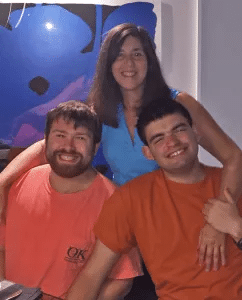
Unlike other autism organizations that raise awareness or focus on scientific research, NEXT for AUTISM creates
programs for people living with autism right now. In addition to the NYC Autism Charter School, we’ve created: The Hunter Autism Research, Practice & Policy center at the City University of NY; BOOST! Afterschool Programs at the JCC Manhattan; The Center for Autism and the Developing Brain at NY-Presbyterian Hospital; and Project SEARCH Collaborates for Autism a vocational training program. Please visit www.nextforautism.org for details about our programs.
Autism irrevocably alters the lives of the individuals and families that it touches. It doesn’t just occupy a part of your life, it changes everything. It takes over your day-to day plans and your future horizon. It alters your family dynamic, your friendships, your social life, even your dreams. The challenge for families like ours is to stay on top of the ever-changing demands of the disorder, while also constructing a supportive community for ourselves and for our son.
We were fortunate. We had friends and family who supported us. As we became more involved in the world of autism, we met other parents who were traveling the same path. They inspired and comforted us. At NEXT for AUTISM we believe that families living with autism can find this level of support so that they can access appropriate services, and be accepted and
sustained by their communities. It is our goal to create programs to meet their needs and to strengthen and expand the circles of support that families can rely on.
However, the joyful turn of events for us was the period in which, after the initial interventions, Ari showed signs that he was able to learn and develop new skills. Discovering his abilities was surprising and rewarding. It was a triumph of his hard work, the will of his teachers and therapists, and our relentless encouragement. We call it a conspiracy of love.
With each new program that NEXT for AUTISM creates, we aim for and hope to reach a high point in services, whether that means starting a public school, a teacher training program, a state of the art clinical center or a vocational training program. While we may not cure autism in the near future, we can make life better for those living with it now.
In the next decade, more than half a million young people with autism will become adults. Like Ari, who is in his 20s, these adults can live productive, fulfilling lives in which they’re connected to their families and communities. NEXT for AUTISM is committed to making this possible with our newest programs for adults. We’re focusing on supporting vocational
training for adults, and creating a community living programs that encourages adults to live as independently as possible, with strategic support. We continue to ask, “What’s next for people on the autism spectrum?”
During the early years after Ari’s diagnosis, I felt victimized by autism. My life was upended and our family life was transformed. Ari could not access what I had previously thought were guaranteed in this country…an education, a community of friends, opportunities for a bright future. Working to change this landscape empowered me to make a difference in the lives of people living with autism and offer hope. The diagnosis of autism is not what is hardest for a parent or a family. It is the frustration of not being able to do anything about it that is hardest. By co-founding an organization that creates opportunities, we aim to improve this situation, doing what needs to be done. I hope you’ll join us. Please visit www.nextforautism.org

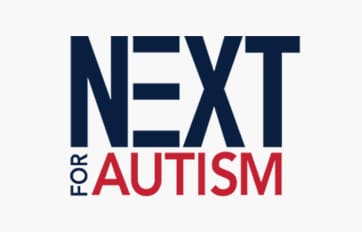
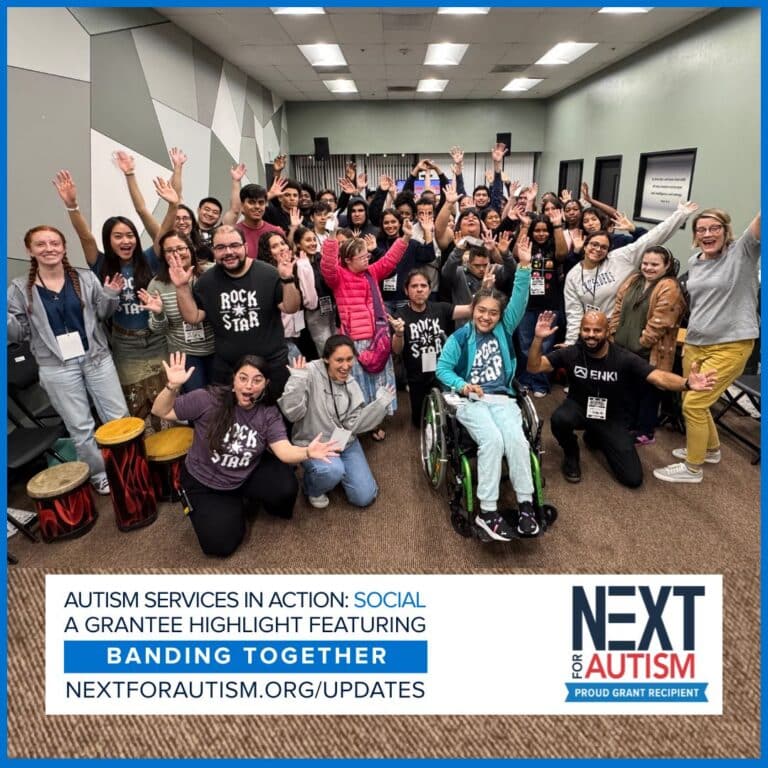
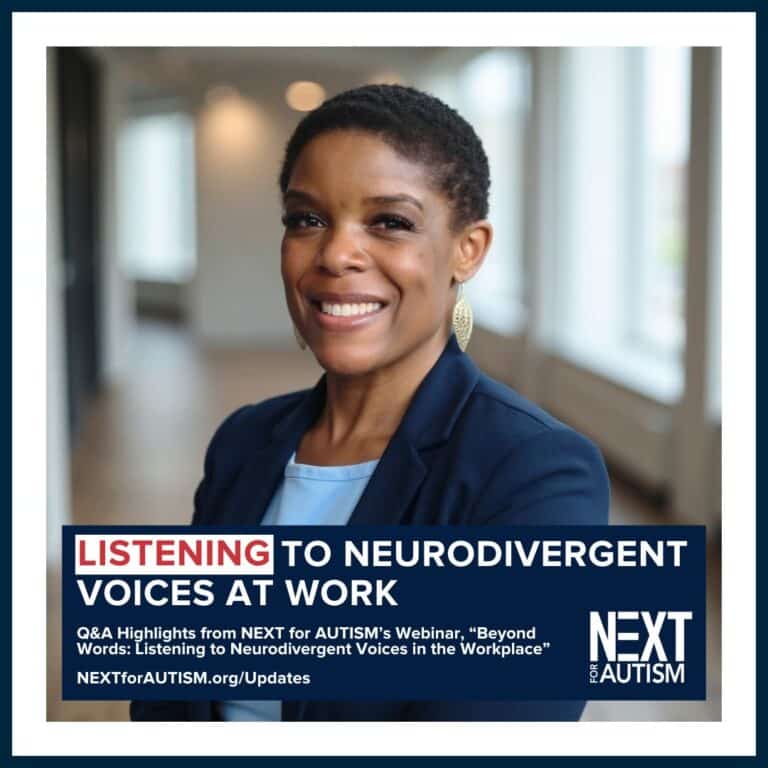
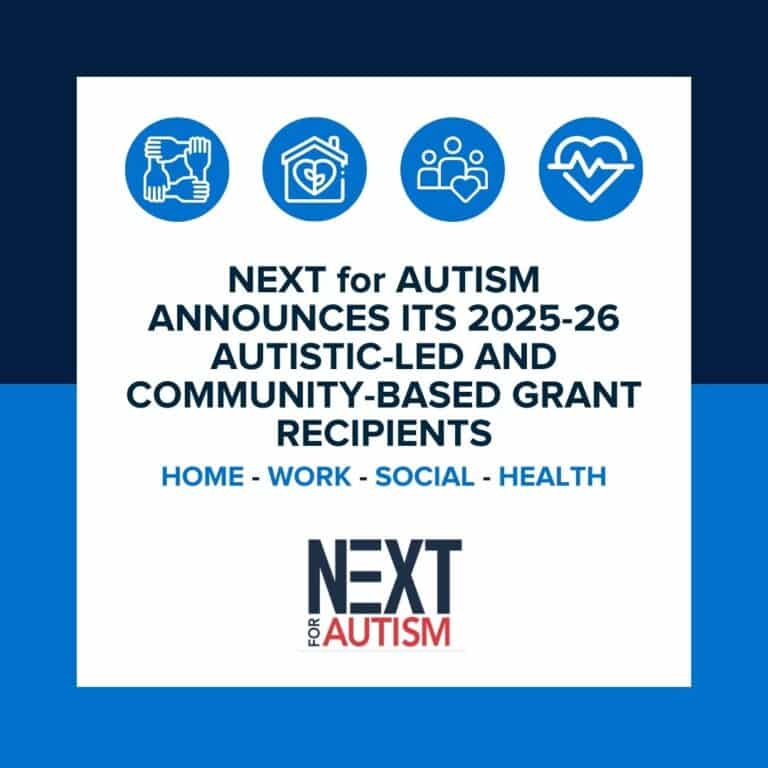

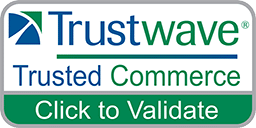
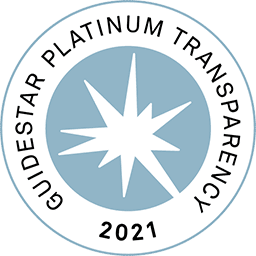
Leave a Reply